American Alternative Comics, 1980–2000: Raw, Weirdo, and Beyond
In the Daley Family Gallery
September 6–December 4, 2022
Today, comics enjoy wide critical and academic acceptance. Literature classes teach works such as Maus and Fun Home. The New York Times reviews comics and publishes comics features. Scholars work both to chronicle comics’ long history and to describe the medium’s grammar and methods. But this respectability is only a few decades old.
American Alternative Comics, 1980–2000: “Raw,” “Weirdo,” and Beyond looks at a transitional time for artistic comics in America. In the 1980s and 1990s, cartoonists sought to enlarge the medium’s potential for artistry and self-expression. The influential magazine Raw promoted comics as ambitious, experimental art worthy of galleries and bookstores. The anthology Weirdo celebrated comics as an outsider form through self-disclosive and often self-critical narratives. A new marketplace and a new generation of publishers and alternative newspapers produced work for a growing readership.
Featuring original art, printed comics, and more, American Alternative Comics showcases over 120 works by forty artists, including Peter Bagge, Lynda Barry, Mark Beyer, Robert Crumb, Julie Doucet, Gilbert Hernandez, Jaime Hernandez, Keith Knight, Aline Kominsky-Crumb, Françoise Mouly, Gary Panter, Art Spiegelman, Chris Ware, and Jim Woodring, among others, with loans from artists, private collectors, and The Ohio State University Billy Ireland Cartoon Library and Museum.
The exhibition is accompanied by a scholarly catalogue edited by the exhibition’s curators. Essayists from art historical, literary, and other fields focus on the role of influential editors and publishers as well as the strategies artists employed to encourage readers to take the art form seriously. Subjects include the aesthetics of Raw and Weirdo, the punk-influenced work of Gary Panter, and the genre-breaking work of the Hernandez Brothers. The catalogue also includes recent annotated interviews with Peter Bagge and Françoise Mouly.
Organized by the McMullen Museum, the exhibition is curated by John McCoy and Andrei Molotiu. Major support is provided by the Patrons of the McMullen Museum and Leslie and Peter Ciampi.








